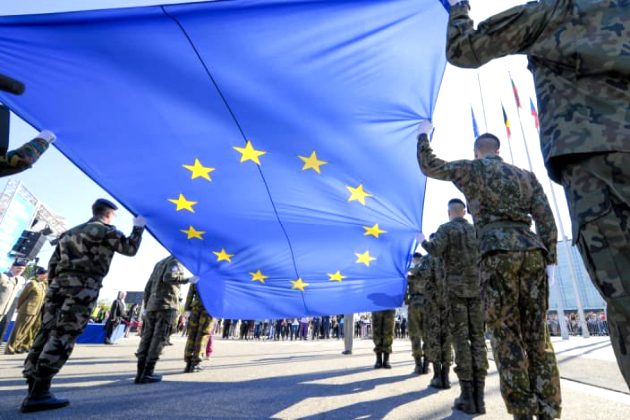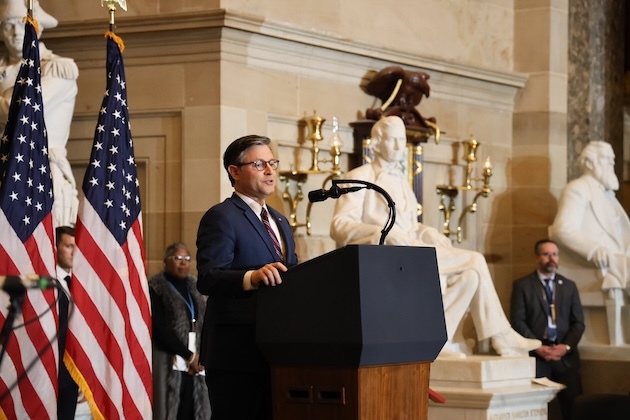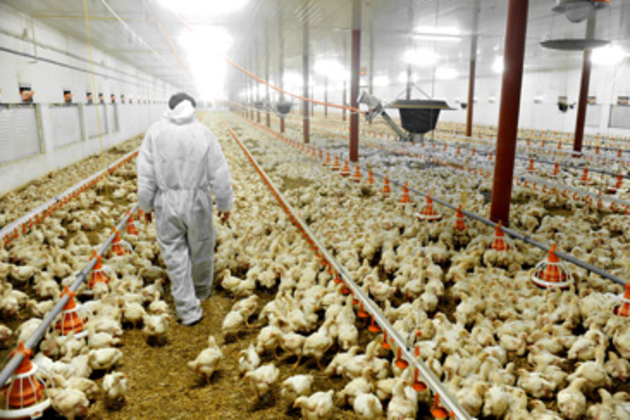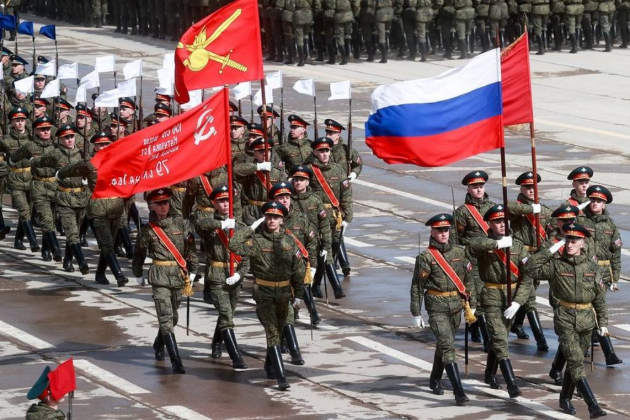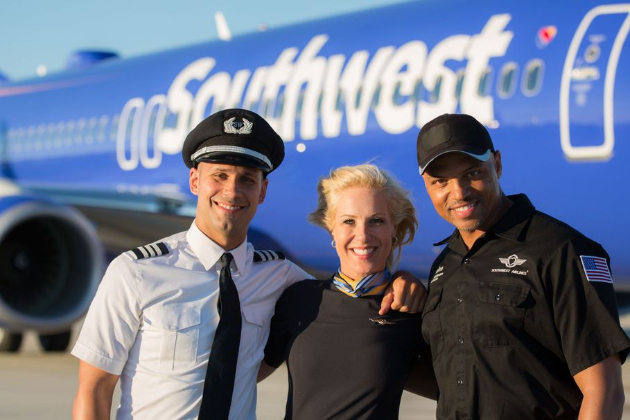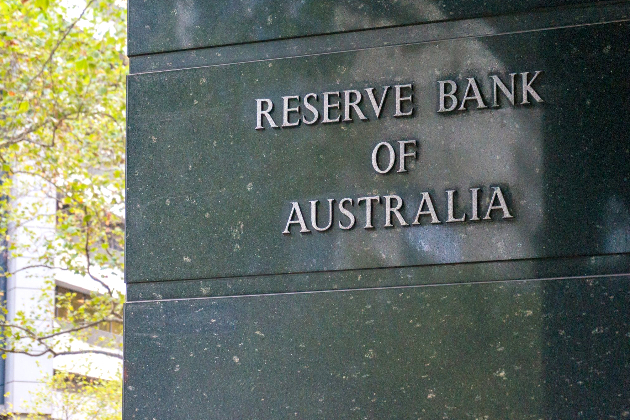Is Nigeria in danger of a coup? What the country should do to avoid one - political analyst
The Conversation
19 Feb 2025, 14:37 GMT+10
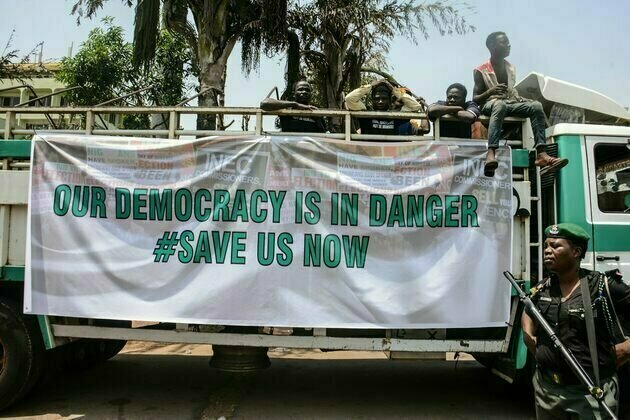
African countries have had nine successful military coups since 2020. In west and central Africa, there have been at least 10 coup attempts in the same period. Those of Niger, Mali, Burkina Faso, Gabon and Guinea were successful. A number of social, economic and political factors have been identified as responsible for the truncation of democracy in those countries.
In this interview, The Conversation Africa asks political scientist Abdul-Wasi Babatunde Moshood, who has recently published research on preventing military coups in Nigeria, about what drives coups, whether those factors are present in Nigeria and what steps Nigeria could take to protect its democracy.
One major reason is leaders who have used the idea of democracy to advance their own economic gains. The result is corruption, which has deepened the gap between the rich and the poor.
While liberal democracy widens opportunity in developed countries, the reverse is the case in Nigeria, due largely to corruption and lack of effective leadership.
Also, democracy in parts of Africa, including Nigeria, has not been able to advance development and make a positive impact on the people. To ringfence democracy from military intervention, it must advance development for the people.
Another factor is the strategic importance of Africa, which has historically attracted foreign powers. With the partitioning of Africa in Berlin in 1884, European powers created spheres of influence which have continued to haunt many African countries.
These strategic interests have continued to infiltrate politics and cause instability on the continent.
In my recent work, I argued that foreign influence and strategic importance make coups more likely to occur in African countries including Nigeria.
Just like coups in the post-independence era, some recent coups in west Africa have the fingerprints of foreign powers. For instance, Russia is implicated in the 2020 and 2021 coups in Mali and the Burkina Faso coup.
The UK, the US, China and France are all interested in Africa. Since the expulsion of France from Burkina Faso, Mali and Niger, the former colonial power has been seeking another regional haven in Nigeria. This has raised suspicion in some quarters.
Also, colonialism left a legacy of division between a country's people and their army. Recruitment dislocated the previous warriors and empowered new ones. The military under colonialism was perceived by civilians as protecting the interests of the colonial ruling elite.
In the post-colonial period, the military is perceived as protecting the interests of the African ruling elite. This arrangement goes on until the military, having been exposed to politics, decides to seize power for itself. Oftentimes, citizens give legitimacy to this kind of coup because they have always seen the political elite as self serving. Military coups in Sudan and Mali are examples of this.
The sociopolitical and economic conditions that led to coups in other countries in west Africa are present in Nigeria.
Nigeria is still largely divided along lines of clans and religion. Insecurity is at high levels across the country. The removal of the petrol subsidy has caused economic problems.
Commodity prices have skyrocketed. Food inflation reached 40.75% in 2024 - its highest level in 25 years.
The colonial legacy in Nigeria is still evident in the north versus south divide that plagues the country's politics. Bad leaders exploit the division for their own selfish gain by using marginalisation rhetoric.
Nigeria is still strongly tied to the apron strings of the western powers. This explains why Nigeria's presidential aspirants prefer to go to Chatham House, London to speak rather than talk to the people they intend to lead.
Nigeria's President Bola Tinubu's relationship with France is raising eyebrows in the country. The president recently signed new deals with France in the areas of renewable energy, transportation, agriculture and critical infrastructure. There are concerns because this is coming soon after nearly all former French allies in west Africa have broken ties with the European country.
These factors often lead to increasing disaffection, which in turn can ignite a military takeover, as happened in Niger, Guinea and Gabon.
Effective leadership would help reduce colonial legacies, improve democracy and mitigate foreign influence. This would foster confidence among dissimilar ethnic communities as policies towards inclusiveness and development of the country were implemented.
Military professionalism would further specialise the military and give them focus. There should be less involvement of the military in politics.
In peace time, the military can also be kept engaged as a service provider in agriculture, health and social work as done, for instance, in the US.
Regional organisations like the Economic Community of West African States and the African Union should be proactive in condemning any derailment in democratic practices and values by political actors. They should not only react by imposing sanctions after a military takeover.
Nigeria needs to think about developing a homegrown democracy as advocated by the late Claude Ake, the Nigerian political scientist.
The process and method of democratisation should be affordable to all to participate. Democratic leaders must be scrutinised and their level of wealth ascertained before and after leaving office.
Democratic institutions must be strengthened to prevent corrupt people from taking over offices. Democratic leaders in Nigeria and other African countries must seek indigenous solutions to their challenges.
 Share
Share
 Tweet
Tweet
 Share
Share
 Flip
Flip
 Email
Email
Watch latest videos
Subscribe and Follow
Get a daily dose of Africa Leader news through our daily email, its complimentary and keeps you fully up to date with world and business news as well.
News RELEASES
Publish news of your business, community or sports group, personnel appointments, major event and more by submitting a news release to Africa Leader.
More InformationInternational
SectionRecord cold grips millions as US battles deep freeze
BISMARCK, North Dakota: More than 95 million people faced extreme cold on February 18 as a polar vortex sent temperatures to record...
Taiwan defends Strait’s status after China criticizes Canada
TAIPEI/BEIJING: Taiwan's defense ministry said this week that the Taiwan Strait does not belong to China, and any attempts to create...
No unified European army despite Russian threat, says Polish FM
WARSAW, Poland: European nations will not form a single, unified army despite growing security concerns over Russia, Polish Foreign...
Speaker Mike Johnson: Western survival hinges on national priorities
LONDON, U.K.: Republican U.S. House Speaker Mike Johnson said this week that Western countries must focus on their national interests...
First human H5N1 case confirmed in Wyoming as bird flu spreads
CHEYENNE, Wyoming: The state reported its first human case of Type A H5N1 influenza, which is spreading through animals and some people...
Europe faces hard choices amid rising threats, warns French FM
MUNICH, Germany: Speaking at the Munich Security Conference, French Foreign Minister Jean-Noel Barrot warned that Europe must brace...
Business
SectionThames water secures legal lifeline, avoids collapse
LONDON, U.K.: A judge has approved an emergency financial plan to prevent Britain's largest water company, Thames Water, from collapsing,...
U.S. stocks tumble as Trump policies startle investors
NEW YORK, New York - Concerns over U.S. President Donald Trump's startling diversions from his country's long-held policies, and the...
Southwest Airlines cuts 1,750 corporate jobs in first-ever layoffs
DALLAS, Texas: Southwest Airlines is laying off 1,750 employees, or 15 percent of its corporate staff, in the company's first significant...
Australian central bank cuts interest rates for first time since 2020
MELBOURNE, Australia: Australia's central bank has cut its benchmark interest rate for the first time in more than three years, signaling...
Brazil joins OPEC+ ahead of key UN climate summit
BRASILIA, Brazil: Brazil has officially approved joining OPEC+, aligning itself with the world's major oil-exporting nations just months...
U.S. stock markets in sharp retreat Thursday
NEW YORK, New York - U.S. stocks fell sharply Thursday as profit-takers moved in to take the cream off the substantial gains that have...



